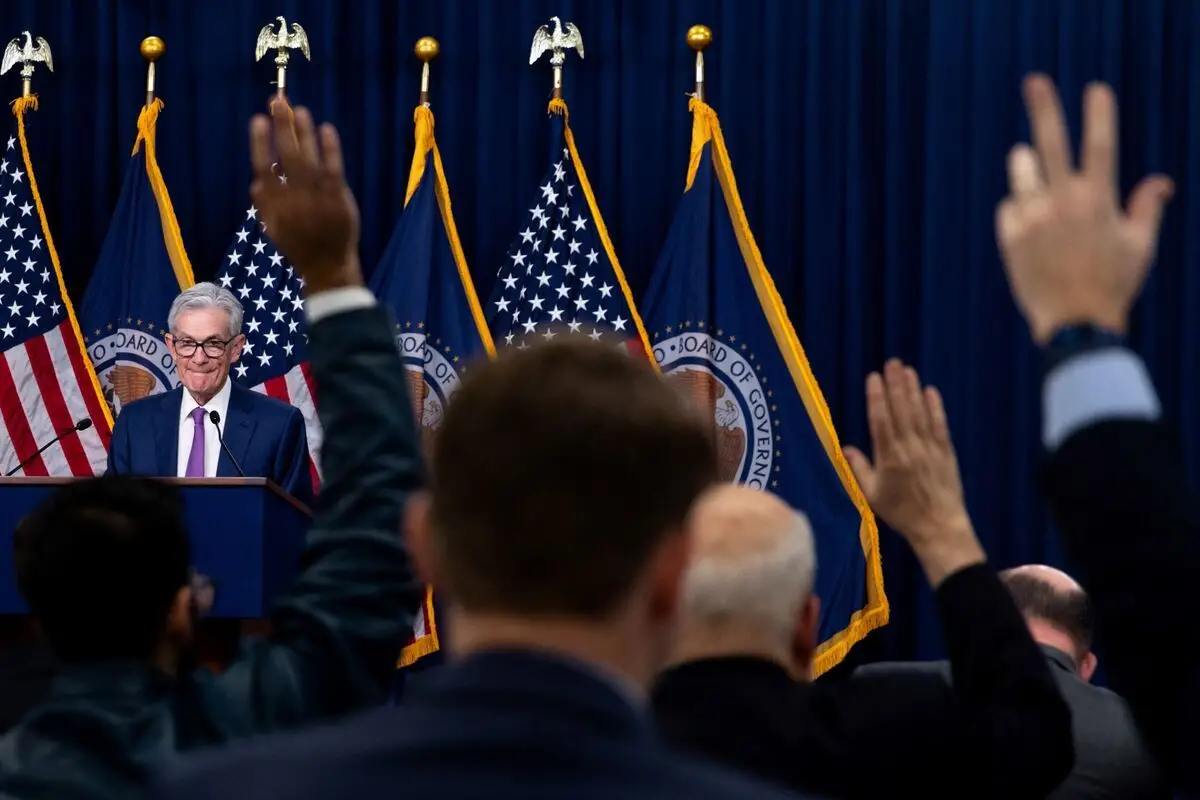Macro
US Unions Influence Mergers, Seek Board Seats Amid 67% Approval
Unions leverage increased influence in corporate America, affecting mergers and adopting hedge fund tactics to protect worker interests.
By Alex P. Chase
ᐧ

Key Takeaway
- US unions are increasingly influencing corporate decisions, from blocking mergers to affecting board elections, leveraging their growing popularity.
- Starbucks and United Steelworkers have made significant moves influenced by union demands, highlighting the unions' strategic shift towards activist investor tactics.
- With union approval at 67%, their highest since the mid-1960s, and political support from figures like Biden, unions are pushing for more representation on corporate boards.
Unions Flex New Muscle on Wall Street
Trade unions in the United States are stepping beyond their traditional roles of negotiating for better pay and working conditions. They are now influencing corporate decisions, including thwarting mergers and blocking activist investors from winning board seats. Liz Shuler of the American Federation of Labor and Congress of Industrial Organizations highlighted the strategic leverage unions have gained. Veteran M&A partner Frank Aquila from Sullivan & Cromwell noted that boards are closely watching this resurgence of union influence on transactions.
Unions Adopt Activist Hedge Fund Strategies
Unions are increasingly adopting strategies reminiscent of activist hedge fund investors like Carl Icahn and Paul Singer, aiming to effect changes that safeguard their members' interests. Starbucks, for instance, made concessions to labor groups to end a union campaign for board seats. United Steelworkers urged President Joe Biden to block a major acquisition to protect jobs, while the AFL-CIO sided with Norfolk Southern railway's management against an activist investor. This shift indicates unions are using new tactics to protect worker interests in the corporate arena.
Rising Union Popularity and Political Support
A Gallup poll indicates a steady increase in union popularity, with approval ratings now at 67%, a significant rise from the lows of 2009. This resurgence is partly attributed to the public's favorable view of labor following the pandemic. Political support from figures like President Joe Biden, who has openly supported unions, and proposals from progressive senators like Elizabeth Warren for employee representation on corporate boards, underscore the growing influence of unions. However, the divided Congress makes significant legislative changes challenging, suggesting companies might voluntarily consult workers on strategic matters.
Corporate America's Response and Future Outlook
Despite challenges, such as the legal dispute involving Amazon UK workers over a QR code campaign for easy union membership cancellation, unions are unlikely to be sidelined as they were in the 1980s. The case against Amazon, where workers allege anti-union tactics, highlights ongoing tensions between companies and their workforce over unionization rights. With unions enjoying higher approval ratings and political support, their influence on corporate decisions is poised to grow, potentially leading to more permanent seats on corporate boards or regular consultations on strategic matters.
Finance GPT
beta







